
Gallbladder Surgery
Gallbladder surgery is a term that refers to surgical removal of the gallbladder. It is performed for several illnesses that affect this organ such as gallbladder inflammation (cholecystitis), gallstones and gallbladder tumors. The surgery can be performed as open surgery or laparoscopic surgery. It is a routine procedure. However, as it is the case in any other surgery even gallbladder surgery carries certain risks.
Gallbladder Surgery - Complications
There are several complications associated with gallbladder surgery. All of them must be diagnosed on time and treated properly. Some of the complications occur during the very procedure while others develop after the surgery.
Injury to bile duct is a complication that usually occurs during laparoscopic gallbladder surgery. This particular complication develops as a result of limited visibility of the operated area. In case of injury to the bile duct there is a chance of bile leakage and consequent inflammation of the peritoneum. Leakage of bile is also possible in case a clip slips from its original place. Namely, after surgical resection of the gallbladder the remnant portion of the bile duct is clipped. This clip prevents leakage of bile and only if the clip is not in its place this serious complication develops. It requires additional surgical procedure.
One more complication is so called 'dumping of bile'. In this case the bile may leak into the pancreas or the small intestine and cause intensive pain. Apart from pain this complication may also lead to jaundice. The most serious problem associated with this particular complication is increased risk for pancreatitis. Unfortunately, the condition has no definitive cure.
Even though many patients hope that the surgery will eliminate symptoms caused by malfunctioning gallbladder, in some cases these problems may remain even though the organ has been surgically removed. So, some patients may continue complaining about the symptoms and signs such nausea, vomiting etc. These problems generally normalize in time.
The surgery carries one more potential complication- infection of the incision. The operated area becomes painful, the skin is red and tender to touch. This complication is prevented with antibiotics and it occurs rarely. However, if it develops, the patient may require hospitalization.
And finally, after removal of the gallbladder people have to be aware that there is no place that will store the bile in their body anymore. This is why all patients who have undergone surgical removal of this organ must pay attention on what they eat. They are initially strictly forbidden to consume fatty foods. And there is also a chance that these patients will have increased cholesterol levels, a complication that may also contribute to several more health problems.



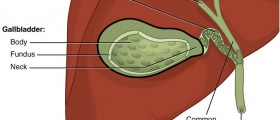

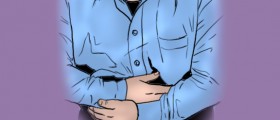
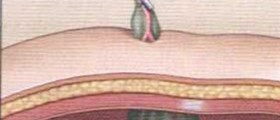
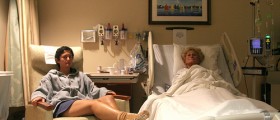


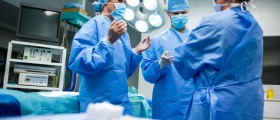
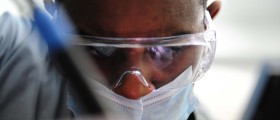
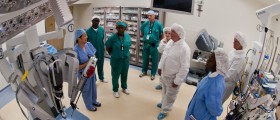

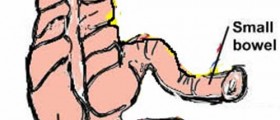
Your thoughts on this
Loading...